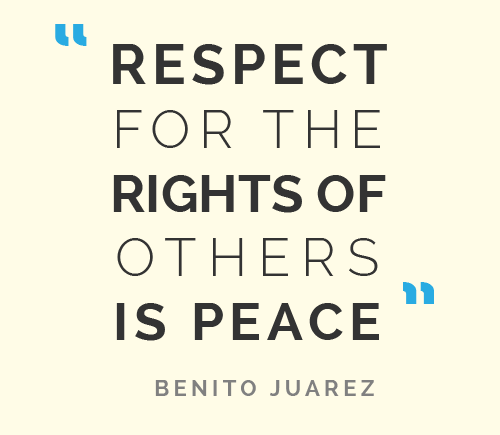Endicott, Kirk. 1988. “Property, Power and Conflict among the Batek of Malaysia.” In Hunters and Gatherers 2: Property, Power and Ideology, edited by Tim Ingold, David Riches, and James Woodburn, p.110-127. Oxford and New York: Berg
Camp unity among the hunting, gathering and trading Batek society of Peninsular Malaysia is based on the moral duty to share food. Neither the land nor natural resources can be owned in this society—the concept is absurd to them. Once resources are harvested, however, they must be shared according to widely-known rules. Consumer goods, on the other hand, can be owned by individuals, but the Batek have a casual attitude toward personal possessions, borrowing and lending freely. Violence is so absolutely unacceptable in their society that the probability of ostracism helps restrain aggressive behavior, probably as effectively as the threat of violent retribution. Women as well as men benefit from the absence of the threat of violence. Endicott describes situations when feelings are sometimes hurt and conflicts occur.
We appreciate the permission to copy this article for the Peaceful Societies Website granted by both Prof. Endicott and by Berg Publishers. The article, in PDF format, is 98.8 KB in size.
